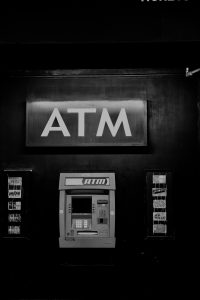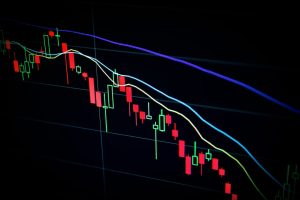Forex, or foreign exchange, is the market where currencies are traded. The value of currencies is determined by supply and demand, and their exchange rate is constantly fluctuating. In times of economic uncertainty, such as a recession, the forex market is affected in various ways.
When an economy enters a recession, it means that the country’s gross domestic product (GDP) has decreased for at least two consecutive quarters. This is usually accompanied by high unemployment rates and a decrease in consumer spending. As a result, the demand for the country’s currency decreases, causing its value to depreciate.
The depreciation of a country’s currency can have both positive and negative effects. On the positive side, it makes the country’s exports cheaper, as foreign buyers can purchase more of the country’s goods and services with their own currency. This can stimulate the country’s economy and help it recover from the recession.
On the negative side, a weaker currency can also make imports more expensive, which can lead to inflation. This can further hurt the economy, as consumers have less money to spend on goods and services.
In addition to affecting the value of a country’s currency, a recession can also impact forex trading overall. During times of economic uncertainty, investors may become hesitant to take risks, causing a decrease in forex trading volume. This can lead to less liquidity in the market, making it more difficult for traders to execute trades at desired prices.
Furthermore, central banks may take action during a recession to stimulate their country’s economy. This can include decreasing interest rates, which can make the country’s currency less attractive to investors. As a result, the value of the currency may decrease even further.
On the other hand, if a central bank increases interest rates, it can make the country’s currency more attractive to investors, leading to an increase in its value. This is because higher interest rates mean that investors can earn more money by holding the country’s currency, which can cause demand for the currency to increase.
In conclusion, when an economy enters a recession, the forex market is impacted in various ways. The value of the country’s currency may decrease, which can have both positive and negative effects on the economy. Forex trading volume may also decrease, and central banks may take action to stimulate the economy by adjusting interest rates. It is important for traders to stay informed about economic conditions and to adjust their trading strategies accordingly.






